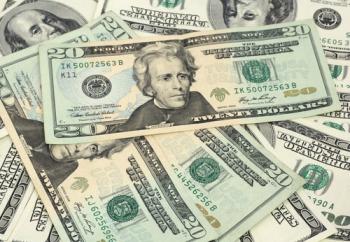Order-Based Negotiable Instrument Overview
 In an order-based negotiable instrument, called a draft, the drafter orders the draftee to pay a certain amount of money to the payee on a certain predetermined time frame. To describe it in a different way, a draft involves one party ordering a bank, or other intermediary, to pay a third party. These orders do not quite involve the same function as promissory notes' unconditional promise, specifically because business laws interpret orders differently.
In an order-based negotiable instrument, called a draft, the drafter orders the draftee to pay a certain amount of money to the payee on a certain predetermined time frame. To describe it in a different way, a draft involves one party ordering a bank, or other intermediary, to pay a third party. These orders do not quite involve the same function as promissory notes' unconditional promise, specifically because business laws interpret orders differently.
In an order, the drawer or party issuing the order, is not promising anything to any party. The drawer is instead requiring of the drawee, or intermediary, that the drawee provide payment to the payee. Instead of the unconditional promise coming from the party issuing the draft, as it would in a promissory note, the unconditional promise comes from the intermediary, the drawee, which promises to pay the payee on the behalf of the drawer. This unconditional promise is oftentimes validated by the use of an acceptance, as the payee can bring the draft to the intermediary and have the draft "accepted," thereby codifying the unconditional promise of the intermediary to pay the payee. Such an acceptance can be termed as either a bank acceptance, if it is issued from a bank, or as a trade acceptance, if it is issued from a financial company.
Business law's definition of these two separate types of negotiable instruments is important to understanding the use of negotiable instruments in economic dealings, as drafts, which are used to make payments for transactions, serve an entirely different function than promissory notes, which are used to make validated promises for paying off debts.
Related Topics
- The Facts on Business Continuity Planning
- Start Financial Planning And Find Financial Success!
- A Quick Overview of Business Management
- Differing Real Estate Laws Between States
- C Corporation
- An Easy Explanation to International Business
- Shareholders Equity Overview
- Website Marketing
- An Overview of Business Bank Accounts
- Novation